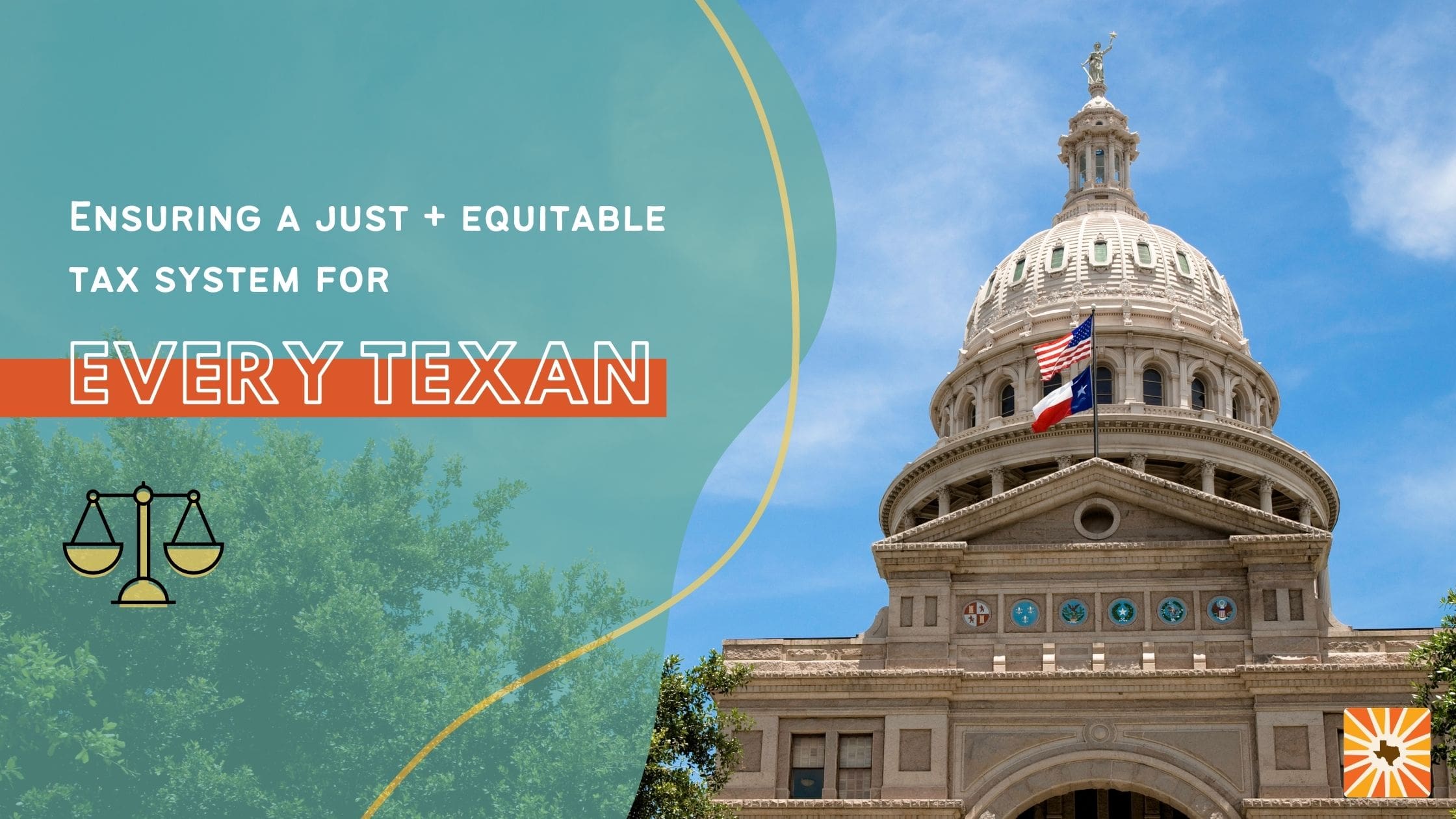Every Texan is an independent research organization that, for 40 years, has advocated for public policy for better access to quality health care, food security, education, and good jobs for all Texans. We oppose HB 1508, which would repeal the franchise tax.
Repealing the franchise tax would be a big giveaway to the wealthy. 96% of Texas businesses do not pay any franchise tax at all. Out of Texas’ 3 million business entities, only about 127,000 businesses typically owe franchise taxes, according to the Comptroller’s office. It is a complicated but not overly burdensome tax. Out of Texas residents who pay the franchise tax, 65% of the tax is paid by the top two household income quintiles, or households making $117,008 or more; and 42% is paid by the top quintile of Texas households, making $195,292 or more per year.
Repealing the franchise tax would blow a hole in the state budget. The franchise tax was our second-largest state revenue source in fiscal 2024, representing 8.4% of total state tax collections. Revenue from the tax was $6.8 billion last year. Of that amount, $4.8 billion went to General Revenue and $2 billion (30%) went to the Property Tax Relief Fund (PTRF). If the tax is repealed, the LBB fiscal note projects a GR-R impact of $11.7 billion for 2026-27 and $4.2 billion unavailable for property tax relief.
Defunding our public services hurts businesses, too. Every Texan supports greater investment in public education. We consistently advocate for increasing the basic allotment in our public school funding formula. For the 2026-27 biennium, revenue from the franchise tax is projected to be about $16 billion. With that, the Legislature could increase the basic allotment by $1,000 and still have about a billion dollars left over. Businesses need a well-educated Texas workforce. Defunding public education and other services harms our state’s economy and all the businesses that participate in it.
Repealing the franchise tax would remove the policy levers of franchise tax credits and exemptions. While Every Texan is generally opposed to state-supported economic incentives for businesses, they are a tool frequently leveraged by policymakers across the political spectrum. Currently, exemptions are provided for educational and charitable non-profits, and credits are offered for research and development. New franchise tax credits and exemptions are often proposed in bills filed each legislative session to incentivize certain activities.
